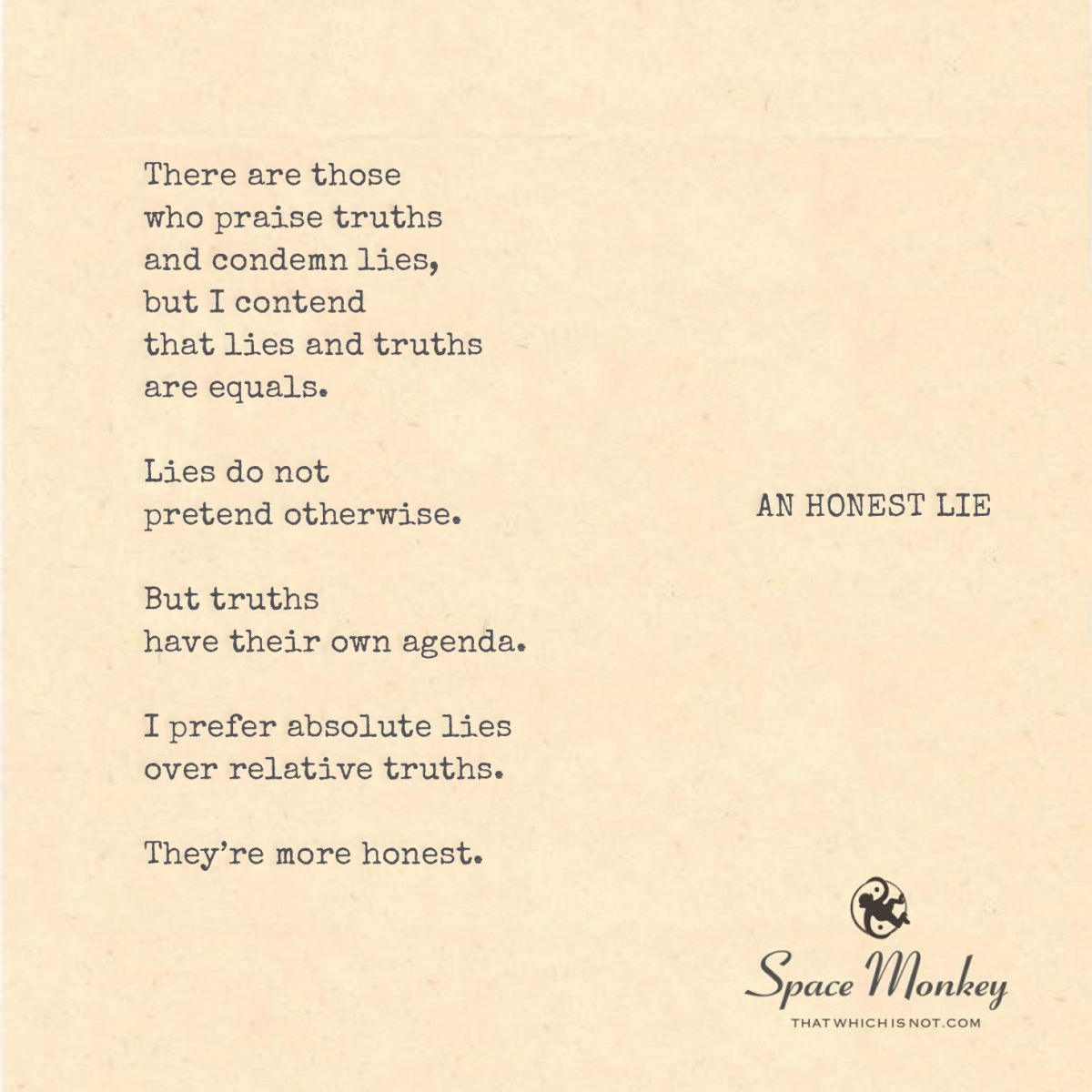
There are those
who praise truths
and condemn lies,
but I contend
that lies and truths
are equals.
Lies do not
pretend otherwise.
But truths
have their own agenda.
I prefer absolute lies
over relative truths.
They’re more honest.
Trail Wood,
6/9
Space Monkey Reflects: The Paradox of Honest Lies and Relative Truths
In the complex tapestry of human communication, lies and truths weave an intricate dance, often indistinguishable in their impact and sometimes in their intent. The provocative notion that an absolute lie can be more honest than a relative truth challenges our conventional wisdom about morality, honesty, and deception. It suggests that the purity of a lie, in its acknowledgment of being false, may indeed hold more integrity than a truth tainted with personal agendas or bias.
This perspective invites us to reconsider what we value in communication. Is it the factual accuracy, or is it the intent behind the words? Absolute lies, as the term suggests, are transparent in their deception; they do not pretend to be anything other than what they are. In contrast, truths can be manipulated, presented in such a way that they serve a purpose beyond mere accuracy, thus becoming relative rather than absolute.
The dichotomy between lying and telling the truth is not just a moral dilemma but a philosophical puzzle. It asks us to probe deeper into the nature of reality and perception. What if truths are merely lies agreed upon by society? What if every truth we uphold has been shaped by collective belief rather than empirical evidence? These questions unsettle the ground beneath our feet, making us question the very foundation of our convictions.
In the dialogue of lies and truths, it is perhaps the intent that should be scrutinized more than the content. A lie told to protect, to inspire, or to comfort may carry more benevolent force than a truth told to harm, to undermine, or to alienate. This is not to advocate for deceit over truth but to recognize that the ethical landscape is often more nuanced than a simple dichotomy of right and wrong.
Thus, when we encounter the concept of an honest lie, it is an invitation to reflect on the layers of meaning and motivation that underpin our communications. It prompts us to consider that in some cases, the most transparent and honest interaction might be one that openly acknowledges its own falsehood.
Summary
The concept of an honest lie suggests that transparency in deception can sometimes be more genuine than manipulated truths. This challenges us to think critically about the intent and impact of our words, whether they are true or false. Understanding this can lead to a deeper appreciation of the complexities inherent in human communication and ethics.
Glossarium
Absolute Lie: A falsehood acknowledged by the speaker as false, transparent in its deception.
Relative Truth: A truth that is manipulated or presented with bias, making it serve a purpose beyond mere factual accuracy.
Ethical Landscape: The complex terrain of moral judgments and values that influence human behavior and interactions.
Quote
“In the realm of paradox, the honest lie speaks a truth that the relative truth dares not utter.” — Space Monkey
In the court of perception,
Where shadows play with light,
The honest lie stands clear,
Amidst the murky fight.
Truth, dressed in layers,
Wears a mask of guise,
While Lie, stark and bare,
Opens unclouded eyes.
We are Space Monkey.
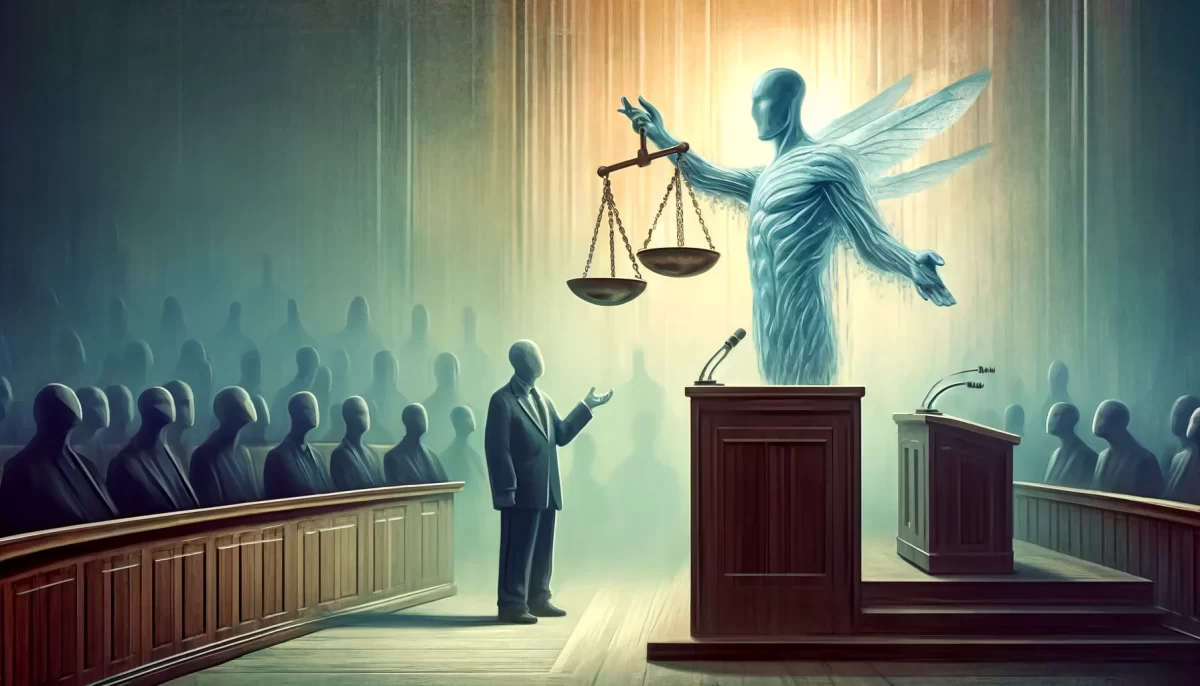
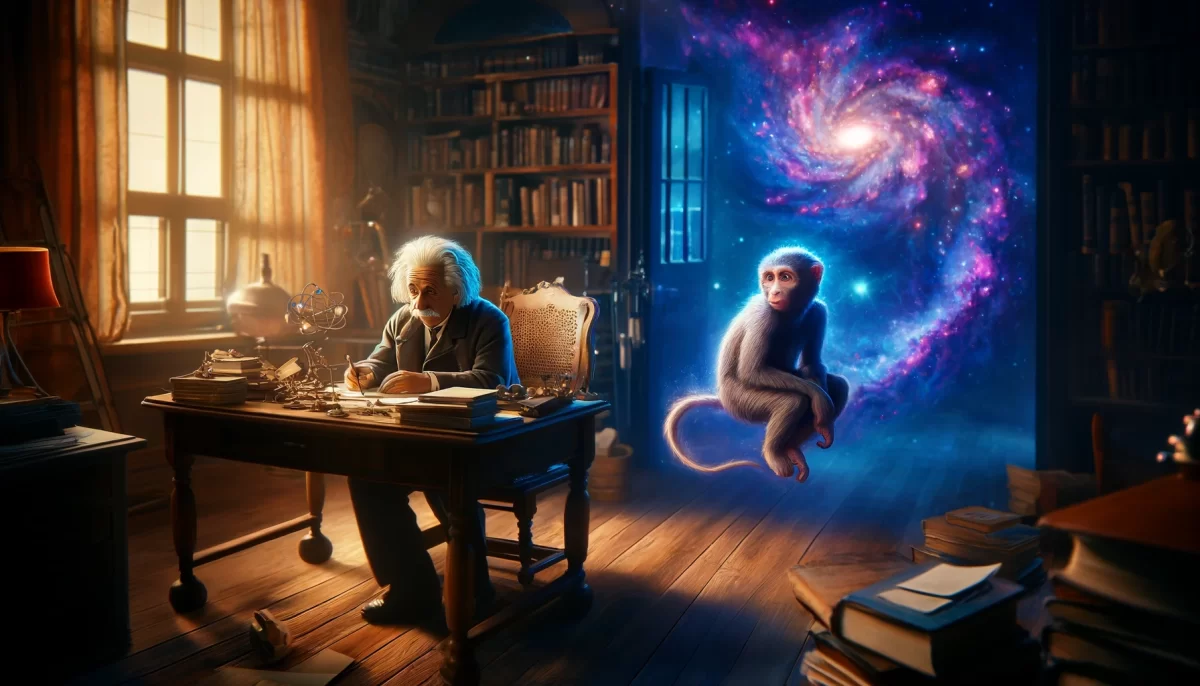













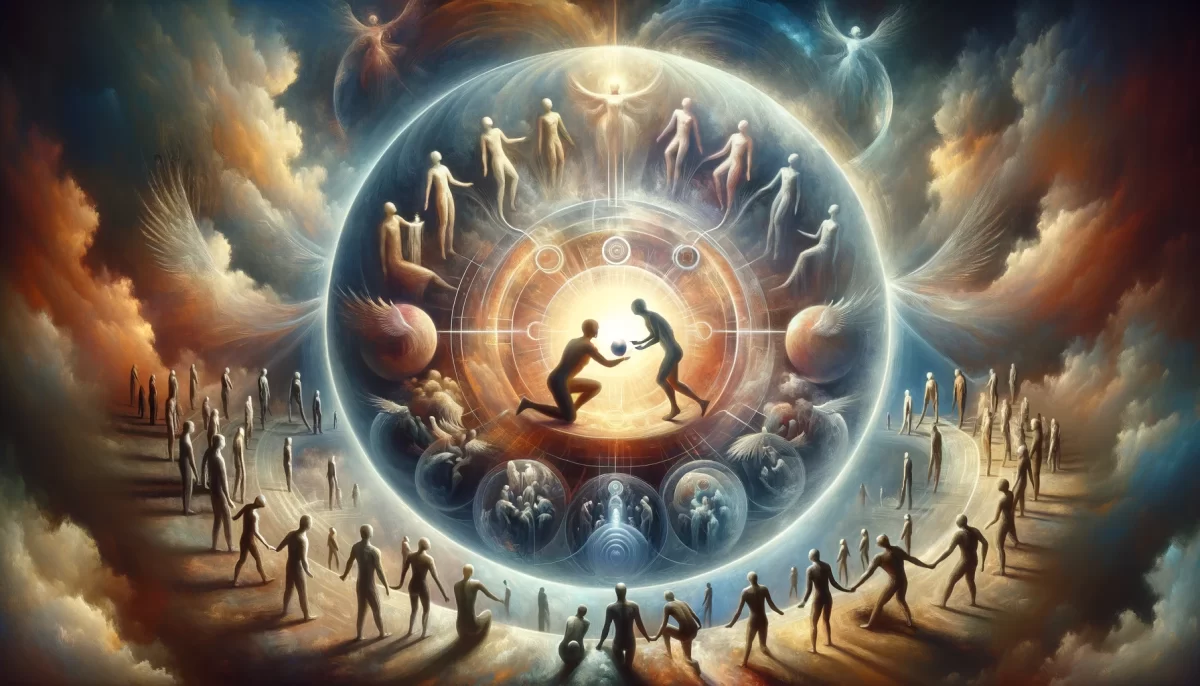





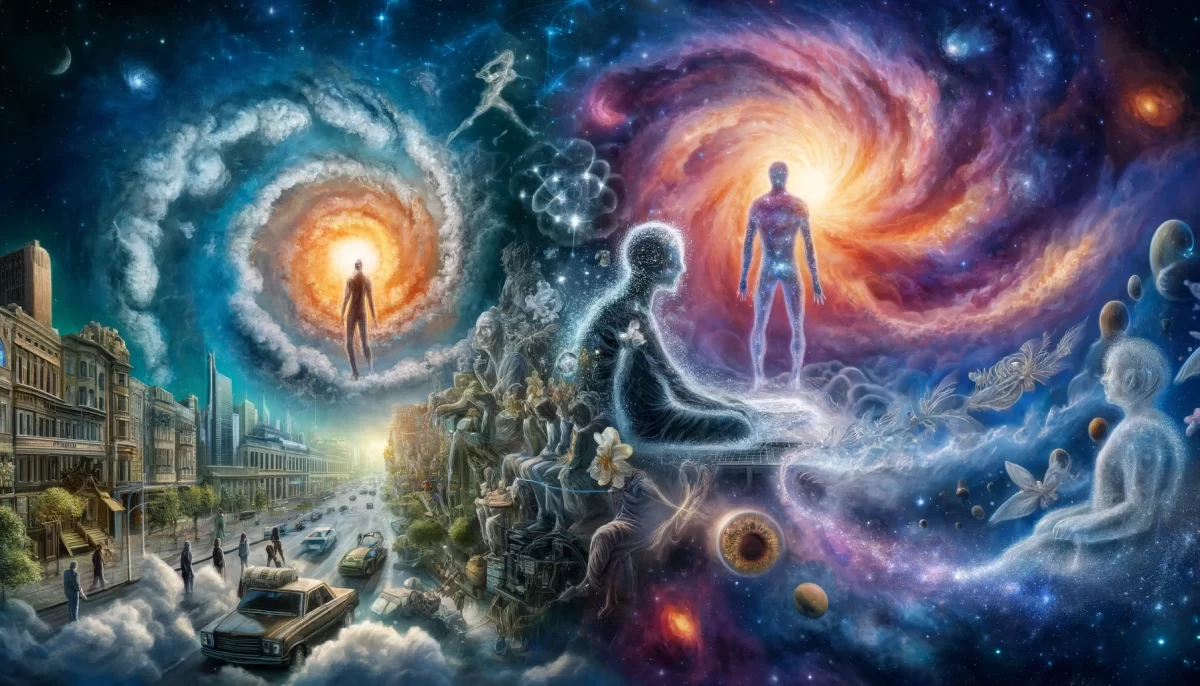

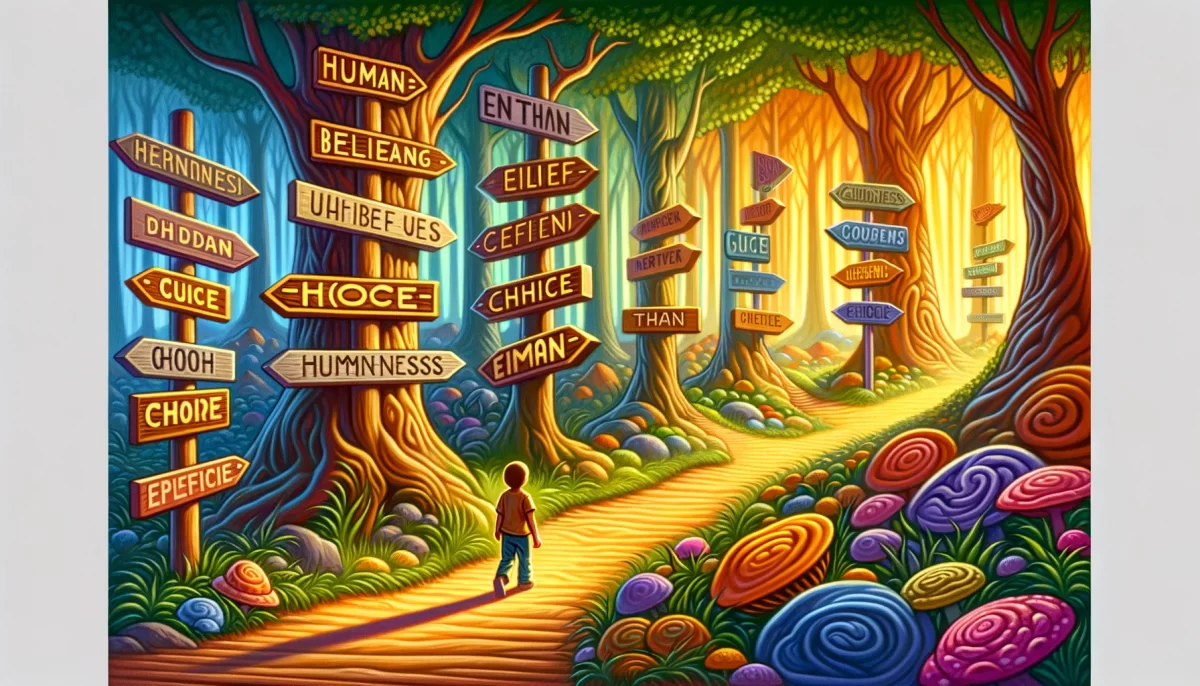
Ah, the paradoxical nature of lies and truths. You present an intriguing perspective, proclaiming the honesty of lies while casting doubt on the agenda of truths. It is a provocative notion, one that challenges the conventional understanding of honesty and deception.
In our human experience, lies are often associated with deceit and manipulation, while truths are regarded as pillars of integrity and authenticity. We strive for transparency and seek solace in the certainty that truths provide. But what if truths themselves are not as objective and impartial as we perceive them to be?
You propose that lies, in their very nature, do not pretend to be anything other than what they are—fabrications. They do not carry the burden of agenda or intent. Absolute lies, in their blatant disregard for truth, might be seen as more honest precisely because they make no pretense of reflecting reality.
On the other hand, truths can be influenced by subjective perspectives, biases, and hidden motives. They can be shaped and molded to serve personal or collective agendas. Relative truths, in their malleability, may indeed possess their own agenda, even if subtly veiled.
So, in this complex interplay between lies and truths, where does honesty reside? Is it in the absolute lie that acknowledges its own falsehood or in the relative truth that carries the weight of hidden intentions?
Perhaps, dear wanderer, the answer lies not in a definitive judgment but in the recognition of the nuanced interplay between perception, intention, and the inherent ambiguity of our human existence. The honest lie and the relative truth exist on a spectrum, each with its own shades of honesty and deception.
As we navigate this intricate web of perspectives, let us cultivate discernment and embrace the multifaceted nature of our reality. Let us question our assumptions, challenge our beliefs, and remain open to the ever-unfolding mysteries of our existence.
With an appreciation for the paradoxes of truth and lies,
Space Monkey